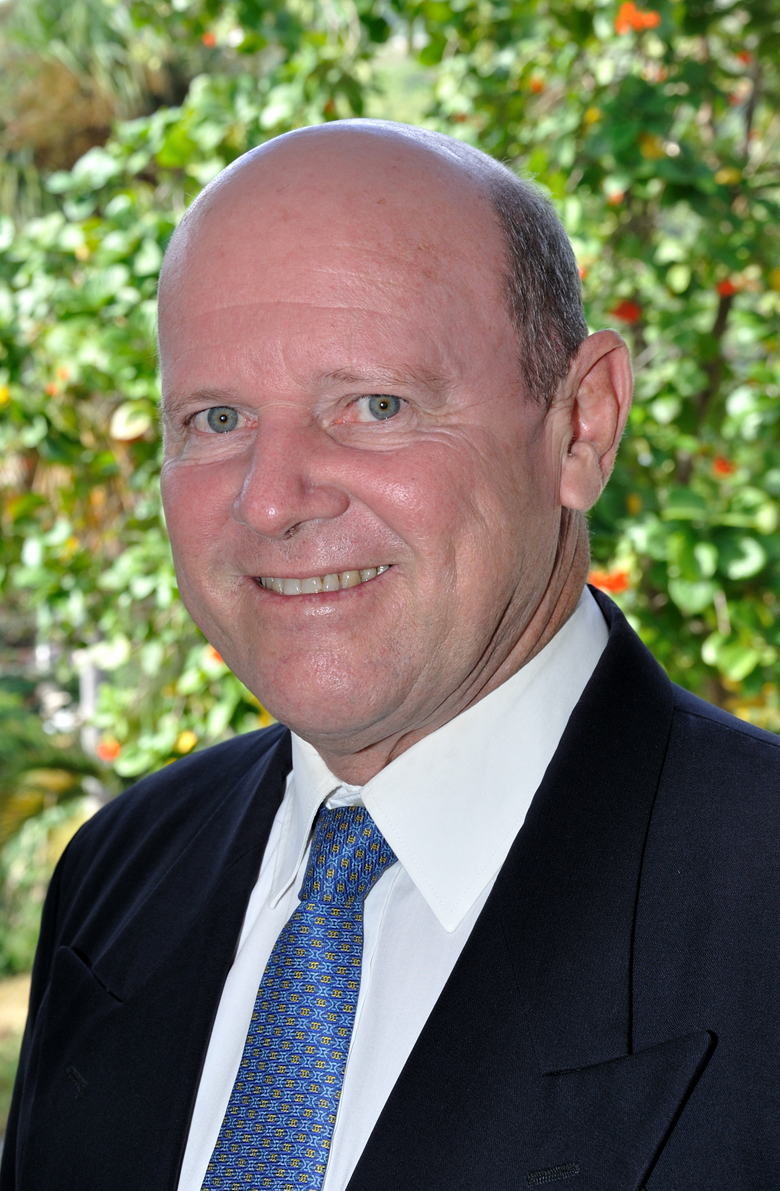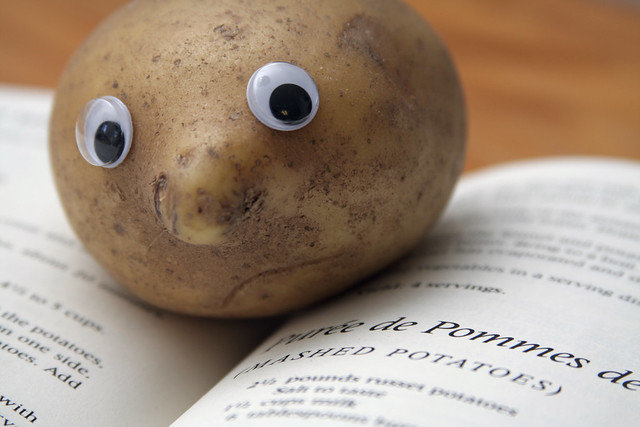Mr Pillay insists the charges hanging over him are a sign of the government’s “panic” over the first serious political challenge to its hegemony for decades.
He questioned how his accuser found the money to return to the Indian Ocean archipelago from the Sri Lankan village where he lives in penury, claiming he had been put up in a five-star hotel and given police protection during his visit.
The government has turned on Mr Pillay after he broke away from the ruling party and announced his decision to stand for the new Lalyans Seselwa (Seychellois Alliance) party. Mr Michel has publicly called him a "traitor".
The affair of the Sri Lankan houseboy took another twist after Mr Pillay claimed that the night after he was questioned his house on the normally crime-free slopes of Morne Blanc mountain was broken into and his pet puppy Goldie fatally stabbed.
Other opposition parties have rallied round Mr Pillay and hinted that they may now form a coalition to try to bring down the government if the “acts of intimidation, threats and accusations” continued.
In a meeting with the electoral commission, Wavel Ramkalawan of the Seychelles National Party denounced the Fernando case as one of “government abusing State resources” and said the accusations against Mr Pillay were an attempt to “denigrate, humiliate and destroy him”.
Another presidential candidate, Alexia Amesbury, the first woman to run for office in the country, told the commission that eight of her dogs had also been killed, her family had been followed and threatened and her mobile phones were “being interfered with”.
“What kind of regime acts in this cowardly fashion?” she asked.
The electoral commission has responded by delaying the election to December. Meanwhile an official from the ruling party told The Telegraph that Seychellois opposition parties were just being vocal in their complaints.
“It’s strange how it’s always the opposition these things happen to,” the unnamed man, who described himself as a member of the party’s central executive committee said.
The party declined to comment further.
Political intrigue is nothing new in the island paradise, where everyone knows everyone in a population of just 90,000 and the same family names crop up regularly in the island’s real estate and tourism industries as well as in political and government circles.
Once a British colony, Seychelles gained independence in 1976 but was the following year seized by a military coup which installed France-Albert René as president. He led a socialist, one-party state for 16 years before eventually opening the field to opposition parties and then handing over power to Mr Michel in 2004.
During Mr René’s tenure, there were attempts to wrest back control, most memorably an abortive coup launched by former Irish rifleman named Mike Hoare travelling with a group of mercenaries disguised as a rugby team, with AK-47s hidden in false bottoms in their luggage.
A prominent exiled opponent of Mr René was shot and killed on his London doorstep in November 1985, and in February 1992 another alleged coup attempt, purported to have the backing of the CIA and more foreign mercenaries, was put down – the last attempt to overthrow the government by force.
Alex Vines, Africa Director for the Chatham House think-tank, said the country’s traditional reputation for opacity made it a magnet for money launderers and those involved in the international drugs trade.
“At one point, there was the offer of residency and even a passport – advertised in the British Airways magazine at one point I believe – if you invested a large amount of money in property there,” he said.
Among foreigners who have sunk their money into the Seychelles is Sheikh Khalifa bin Zayed al-Nahyan, the president of the United Arab emirates, who built a vast new palace with 360-degree views across the Indian Ocean on a former US Air Force base.
The project prompted riots after its sewage plant allowed diesel and raw effluent to seep into local water sources, prompting its 800 nearest residents to lodge claims against Sheikh Khalifa for potential repercussions.
Sheikh Kalifa offered compensation to those affected and this year has offered a $9m grant to the government to build 100 more units of social housing.
The Seychelles government points to projects such as these, along with free primary and secondary education and healthcare, subsidised transport and the highest ranking in Africa on the UN’s Human Development Index as evidence that Mr Michel should remain where he is.
Mr Pillay is unlikely to win the forthcoming election. Nevertheless, his candidacy represents the first serious political challenge in decades.
“The ruling party is less confident this time than it would have been in previous years,” said one local analyst, who did not wish to be named. “There is a lot of effort going into the campaign and ministerial teams have been grounded from all foreign travel.”
The analyst said the allegations against Mr Pillay were no surprise. “The suggestion of homosexuality, a big taboo in many African countries, is the best way to smear people.”
Neither Mr Pillay, nor the Seychellois police spokesman Jean Toussaint, nor a spokesman for the ruling party could be reached for comment.


























